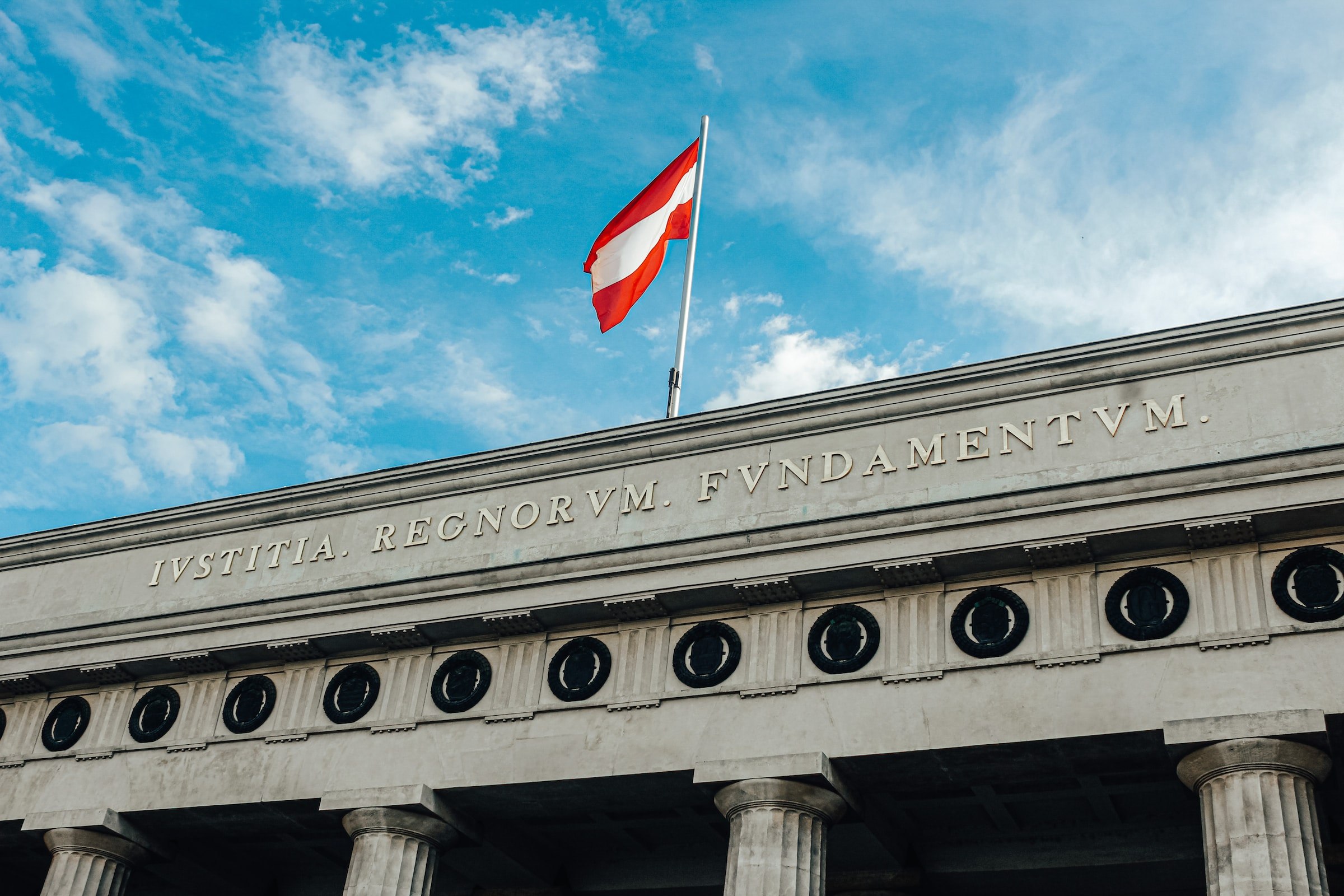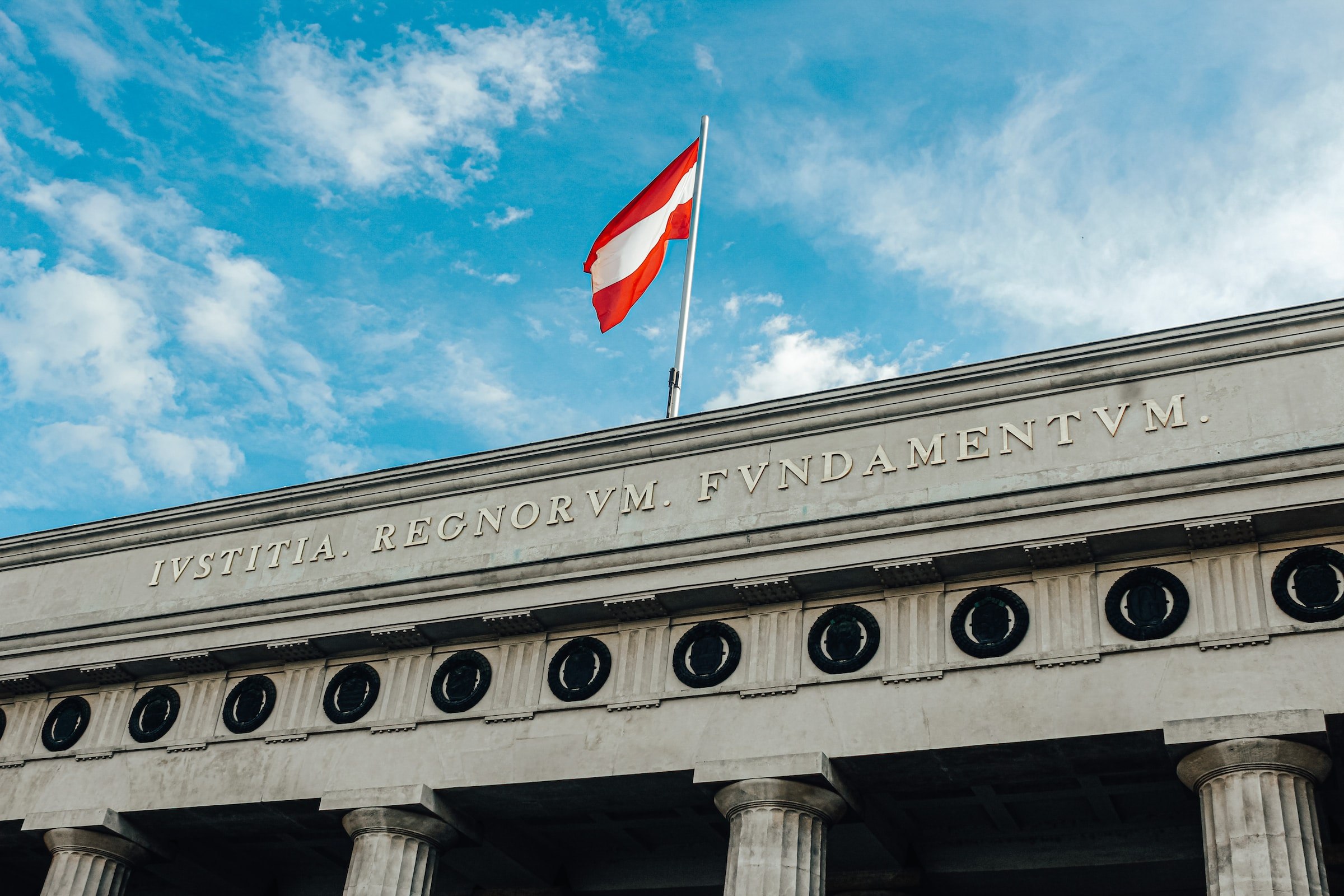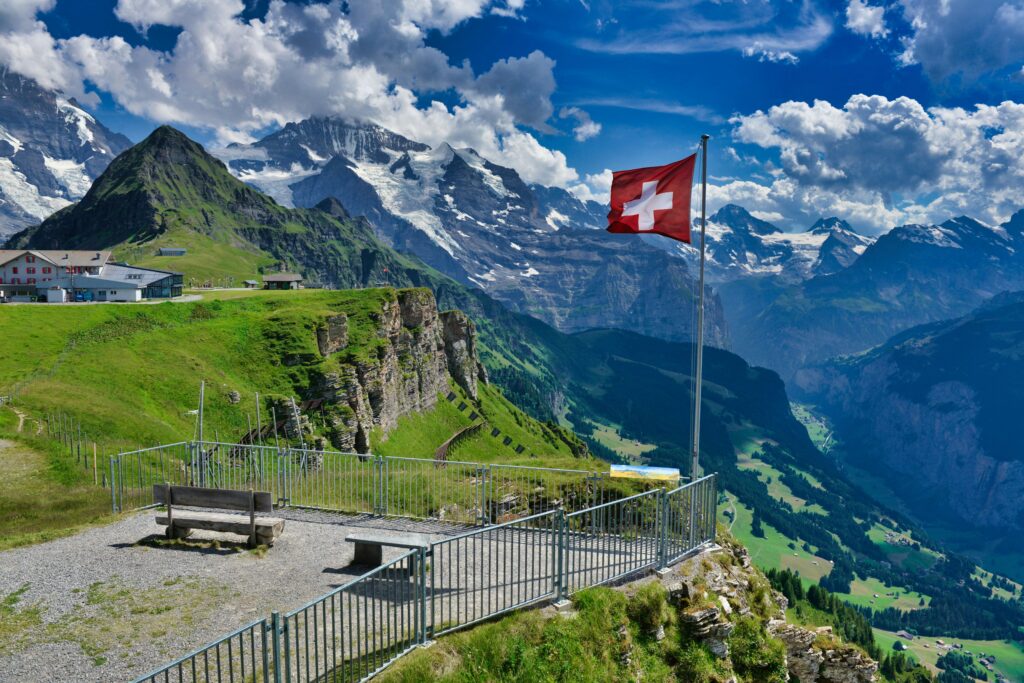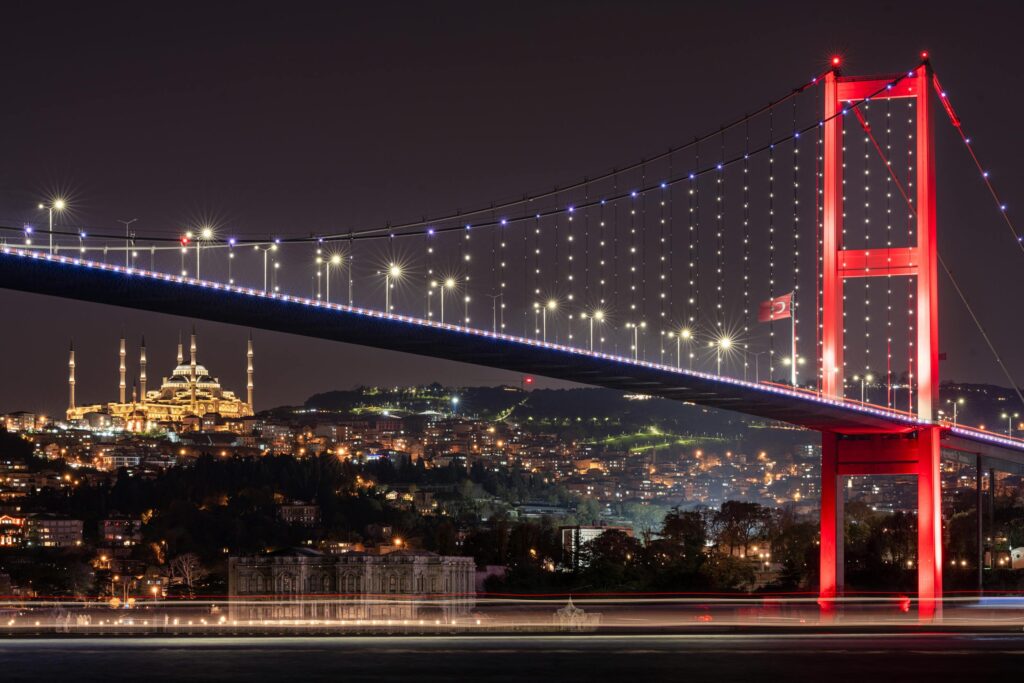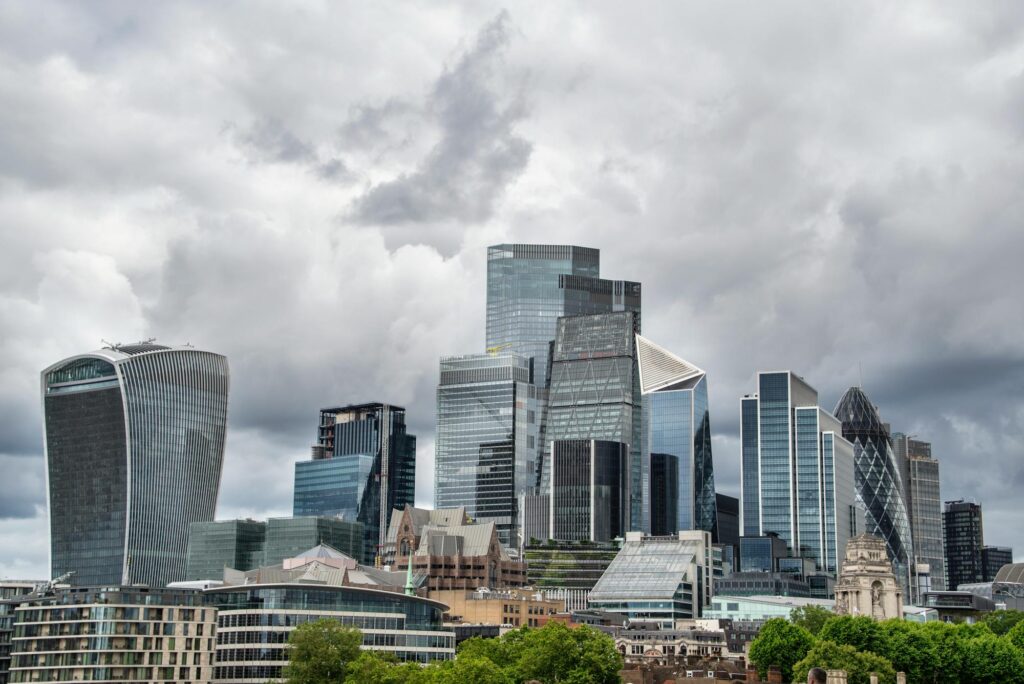The 10 Best Cities to Visit in Austria
Austria, located in central Europe, is known for its rich cultural heritage and historical significance. The country features imperial architecture, fascinating museums, and a vibrant arts scene. From grand palaces that reflect its Habsburg history to modern art installations that showcase creativity, Austria seamlessly combines tradition and innovation. Its cultural festivals, classical music concerts, and opera performances are internationally celebrated, making it an ideal destination for art enthusiasts and history buffs.
In addition to its cultural and historical treasures, Austria is known for its excellent culinary scene and cosmopolitan lifestyle. Its cities offer a diverse range of cafes, restaurants, and markets, where visitors can enjoy both traditional Austrian cuisine and international flavors. The shopping districts feature boutique stores and high-end fashion, blending old-world charm with contemporary allure. Austria’s dedication to education and innovation is evident through its esteemed universities and thriving start-up ecosystem, attracting students and entrepreneurs from across the globe.
These are the 10 best cities to visit in Austria:
1. Vienna

Vienna, the majestic capital of Austria, is a city where imperial grandeur meets modern sophistication. Known for its opulent palaces, such as the Hofburg and Schönbrunn, Vienna echoes the history of the Habsburg dynasty. The city’s architectural marvels are complemented by its world-class museums, including the Kunsthistorisches Museum and the Belvedere, housing masterpieces from classical to contemporary art. Vienna’s streets are lined with elegant coffeehouses that have been the intellectual heart of the city for centuries, offering a cozy retreat to enjoy a slice of Sachertorte or a steaming cup of Viennese coffee.
Beyond its historical and cultural allure, Vienna is a vibrant metropolis that seamlessly blends tradition with innovation. It is renowned for its exceptional quality of life, with efficient public transportation, lush parks, and a thriving culinary scene. The city’s music legacy is unparalleled, being the birthplace of classical music giants like Mozart and Beethoven, and it continues to be a global hub for music lovers with its prestigious concert halls and opera houses. Vienna’s dynamic neighborhoods offer a mix of trendy boutiques, bustling markets, and cutting-edge galleries, reflecting a city that cherishes its past while embracing the future.
Tips!
- See also: The 20 Best Places to Visit in Vienna: all of the best places that you must visit in Vienna!
2. Salzburg
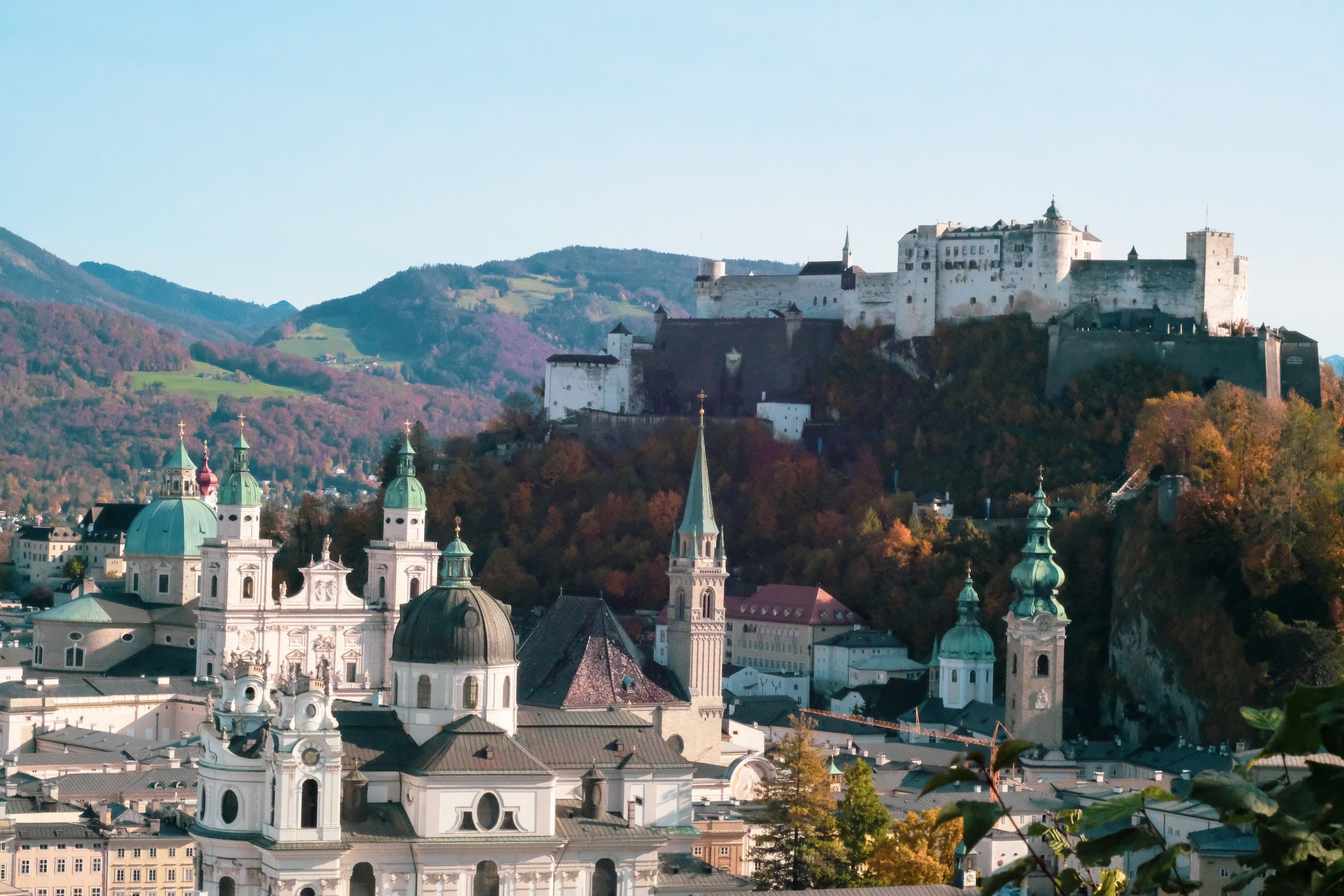
Salzburg, the birthplace of Wolfgang Amadeus Mozart, is a city where history, culture, and music intertwine harmoniously. Nestled in the heart of Austria, Salzburg is famed for its well-preserved baroque architecture, epitomized by landmarks such as the magnificent Hohensalzburg Fortress and the ornate Salzburg Cathedral. The city’s historic center, a UNESCO World Heritage Site, exudes old-world charm with its narrow, cobblestone streets and picturesque squares, offering a glimpse into its storied past.
Beyond its architectural splendor, Salzburg is a vibrant cultural hub. The city hosts the renowned Salzburg Festival, a celebration of classical music and theater that draws visitors from around the globe. Mozart’s legacy permeates the city, from his birthplace museum to the concert halls that regularly feature his compositions. Salzburg is also a culinary delight, with its array of traditional cafes and restaurants offering local specialties like the famous Salzburger Nockerl. Whether you are a history buff, a music lover, or a gourmet enthusiast, Salzburg promises an enriching and memorable experience.
3. Graz
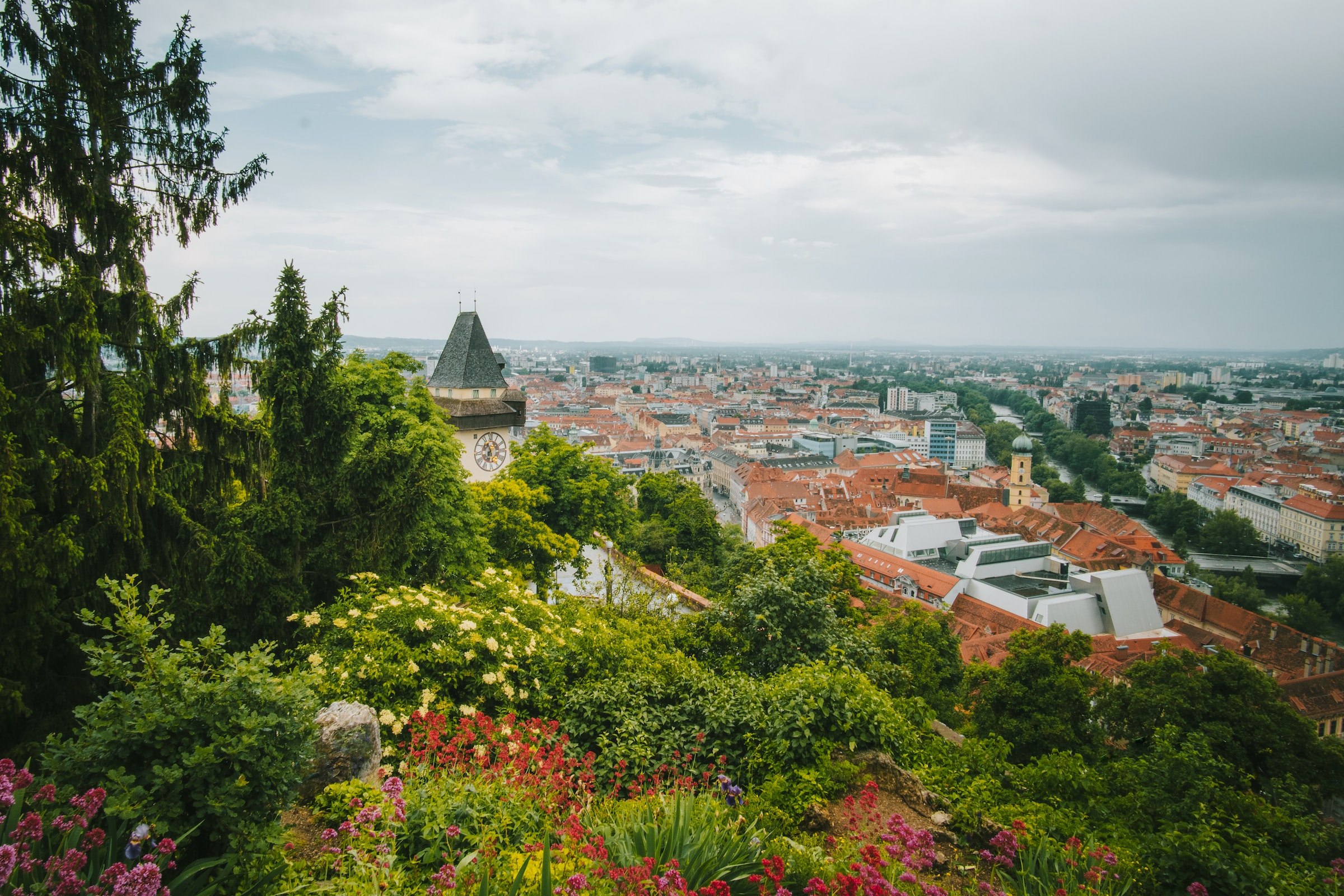
Graz, Austria’s second-largest city, is a vibrant blend of historical charm and modern innovation. Renowned for its well-preserved medieval old town, and a UNESCO World Heritage site, Graz is a living museum of Renaissance, Baroque, and Gothic architecture. The city’s iconic landmarks, such as the Schlossberg with its clock tower and the striking Kunsthaus, showcase its seamless integration of past and present. As a cultural hub, Graz hosts numerous festivals, concerts, and exhibitions, making it a lively destination for arts and culture enthusiasts.
Beyond its historical and cultural allure, Graz is also a dynamic center for education and technology. Home to several prestigious universities and research institutions, the city fosters a thriving academic and entrepreneurial environment. Its diverse culinary scene, bustling markets, and trendy cafes reflect the cosmopolitan lifestyle enjoyed by its residents and visitors. Graz’s blend of old-world elegance and contemporary vibrancy makes it a unique and captivating destination within Austria.
4. Innsbruck
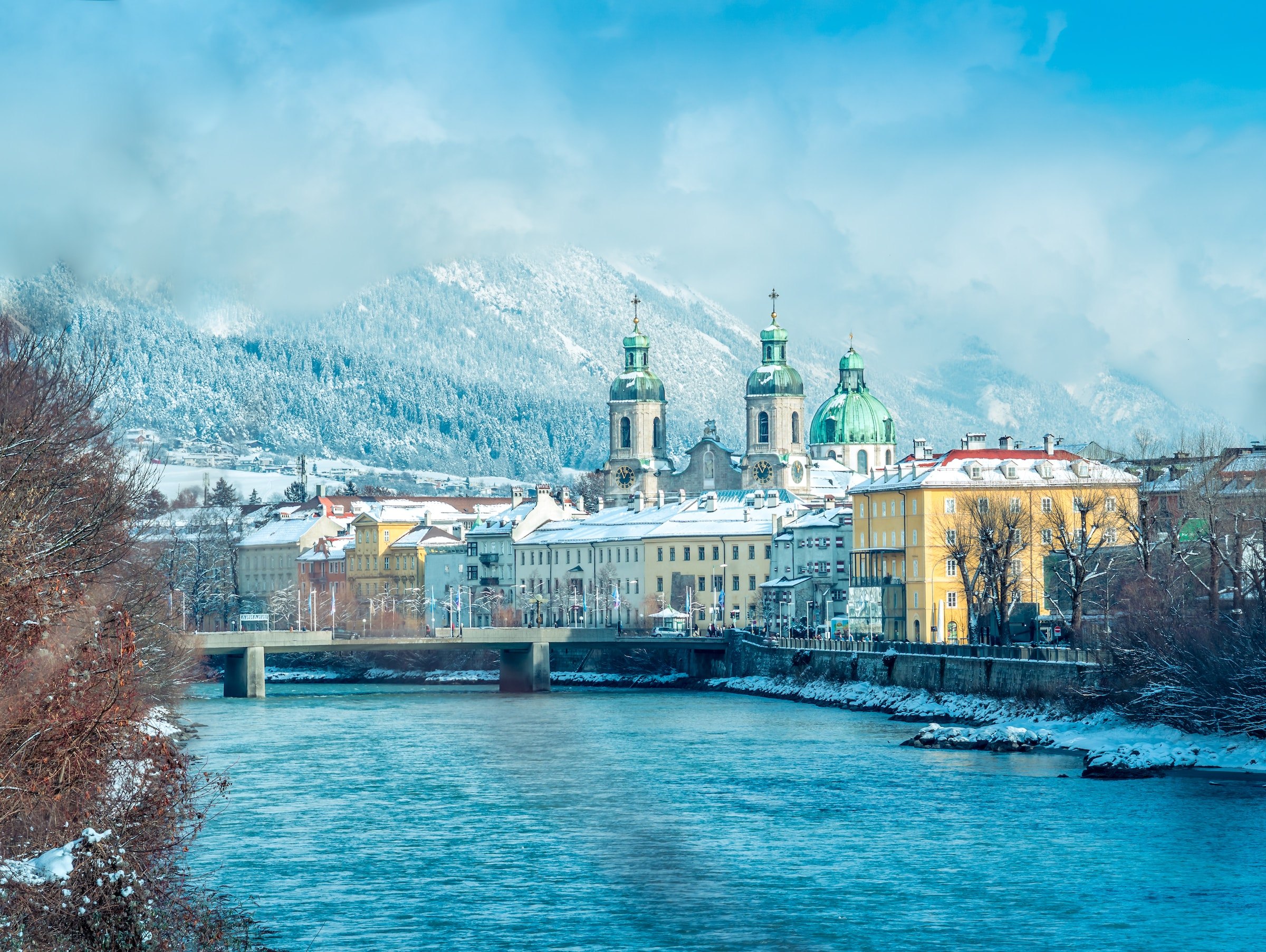
Innsbruck, the capital of Tyrol in western Austria, is a city where history meets modernity in an enchanting alpine setting. Renowned for its imperial architecture, Innsbruck’s old town boasts the iconic Golden Roof, a testament to its rich historical past. The city’s vibrant cultural scene is evident in its museums, galleries, and theaters, offering a delightful blend of tradition and contemporary art. Innsbruck’s charming streets are lined with colorful facades, bustling markets, and cozy cafes, creating a lively yet inviting atmosphere.
Beyond its historical and cultural allure, Innsbruck is a center of innovation and education, home to prestigious institutions like the University of Innsbruck. The city’s thriving start-up culture and research facilities attract a dynamic mix of students, entrepreneurs, and professionals. With a strong emphasis on sports and wellness, Innsbruck hosts numerous international sporting events and offers top-notch facilities for both athletes and enthusiasts. Whether you’re exploring its historical landmarks, indulging in its culinary delights, or participating in its vibrant academic community, Innsbruck promises a unique and enriching experience.
5. Linz
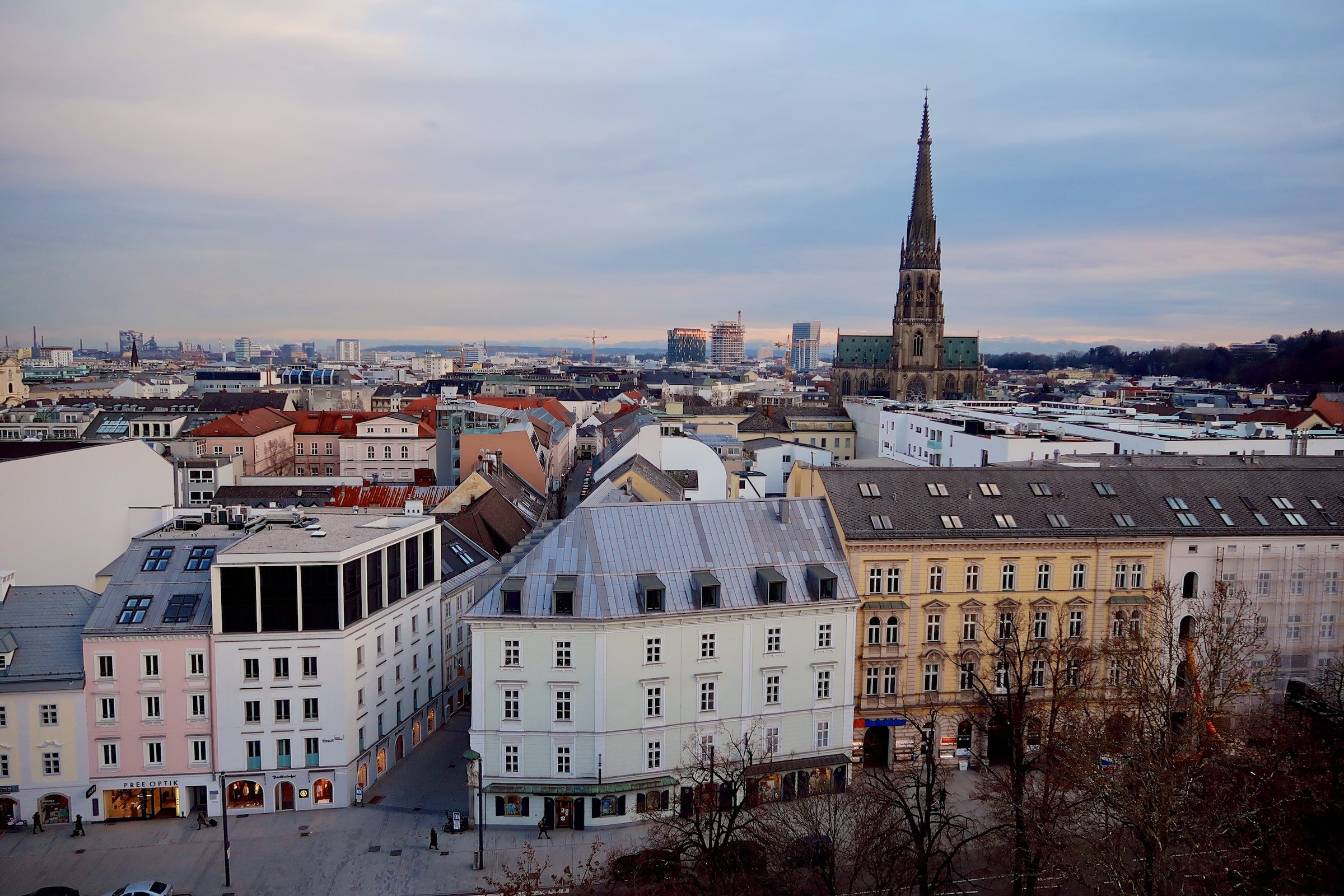
Linz, Austria’s vibrant and innovative city, is a dynamic blend of historical charm and contemporary culture. Nestled along the banks of the Danube River, Linz boasts a rich history that is seamlessly integrated with modern advancements. The city is renowned for its thriving arts scene, highlighted by the Ars Electronica Center, a hub for cutting-edge digital arts and technology. The Lentos Art Museum further enriches the cultural landscape with its impressive collection of modern and contemporary art.
Linz is also a city of intellectual and industrial prowess, home to leading educational institutions and a robust industrial sector. The city’s commitment to innovation is evident in its numerous research centers and tech companies, making it a magnet for entrepreneurs and scholars alike. Culinary enthusiasts will delight in Linz’s diverse gastronomy, from traditional Austrian dishes to international cuisines, all complemented by the city’s vibrant café culture. With its blend of historical significance, cultural vibrancy, and forward-thinking spirit, Linz offers a unique and enriching experience for residents and visitors.
6. Klagenfurt
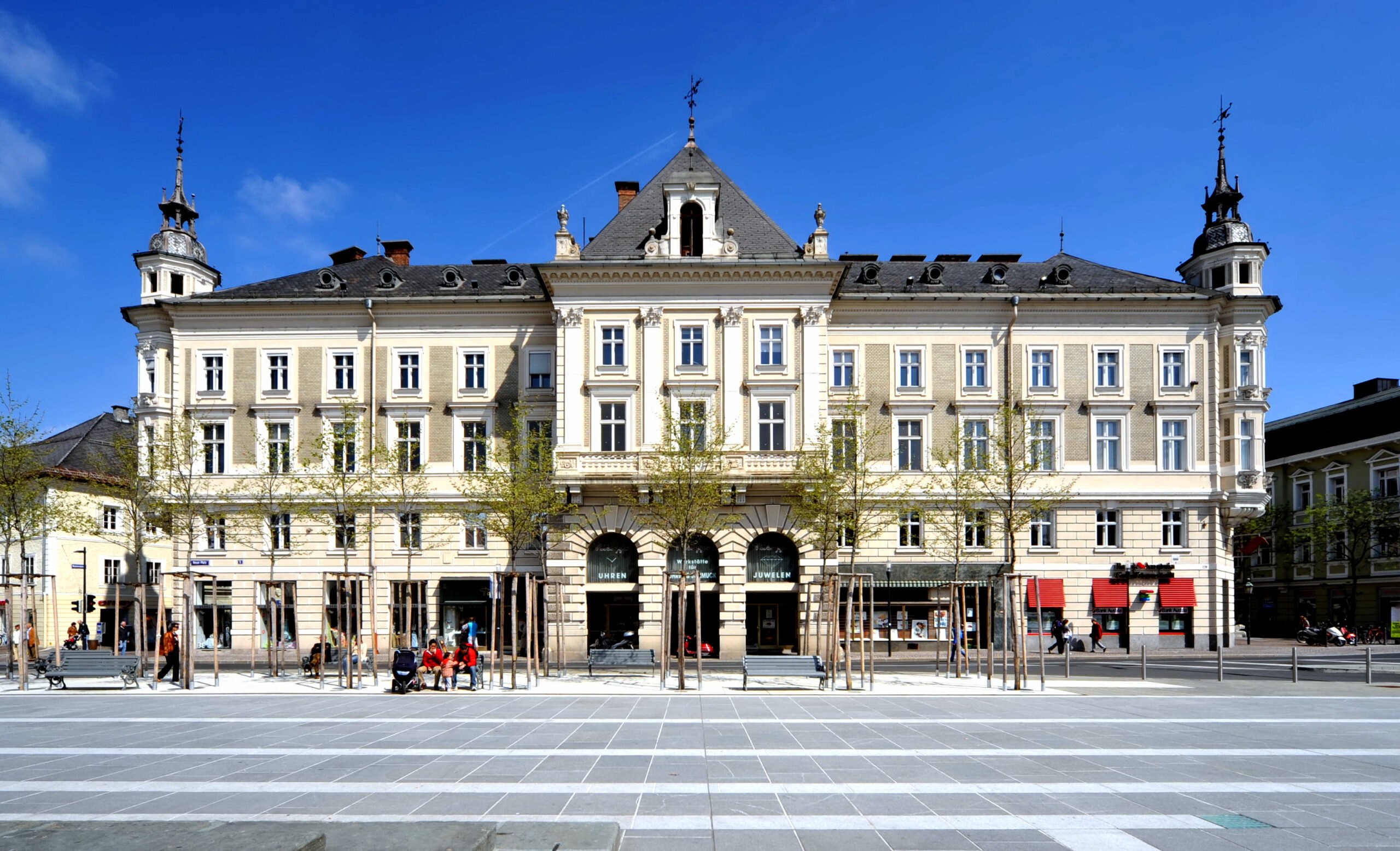
Klagenfurt, the charming capital of Carinthia, is a vibrant city that beautifully combines historical allure with modern sophistication. Situated near the picturesque Lake Wörthersee, Klagenfurt is renowned for its well-preserved Renaissance architecture, which can be admired in the Old Town’s narrow streets and picturesque squares. The city’s historical center is adorned with landmarks such as the Lindwurm Fountain and the Landhaus, reflecting its rich heritage and cultural significance.
Beyond its historical charm, Klagenfurt is a lively hub for arts and culture. The city hosts numerous festivals, theaters, and galleries that cater to diverse tastes, from classical music and opera to contemporary art. Klagenfurt’s thriving culinary scene features an array of delightful cafes and restaurants, where visitors can indulge in local Carinthian specialties as well as international cuisine. With its blend of historical splendor, cultural vibrancy, and modern amenities, Klagenfurt offers a unique and enriching experience for both residents and visitors.
7. Wels
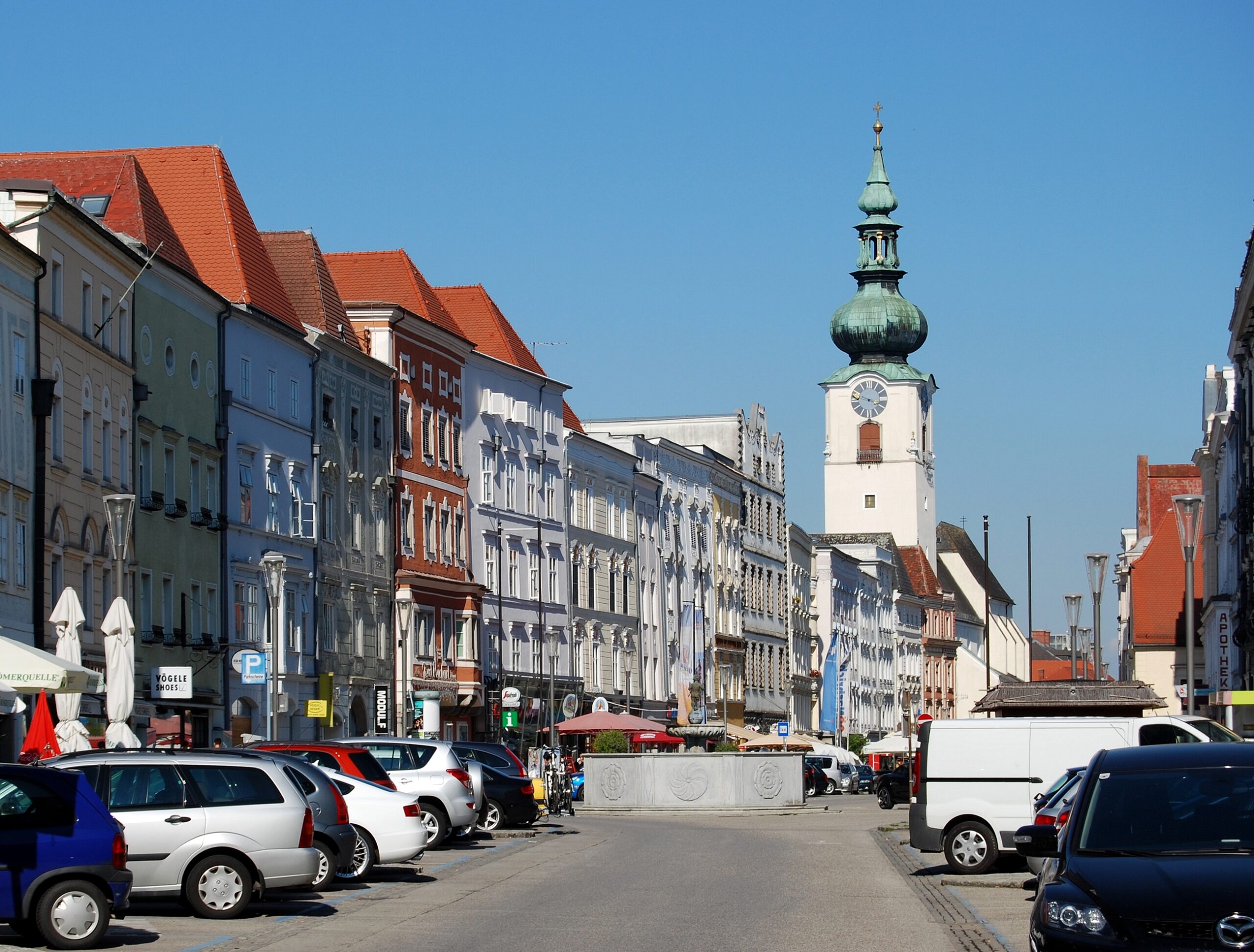
Wels, Austria, is a charming city known for its historical significance and vibrant local culture. As one of the oldest cities in Austria, Wels offers a rich tapestry of history that is evident in its well-preserved architecture and numerous museums. The city’s historical center features quaint streets lined with medieval buildings, providing a picturesque backdrop for strolls and exploration. Landmarks such as the Ledererturm, a medieval tower, and the Minoriten Monastery stand as testaments to Wels’ storied past.
Beyond its historical appeal, Wels is a dynamic hub for business and industry, hosting one of Austria’s largest trade fair venues, Messe Wels. This modern aspect of the city draws professionals and visitors from around the world for various exhibitions and events. The local culinary scene is vibrant, offering a mix of traditional Austrian fare and contemporary cuisine in its many restaurants and cafes. With its blend of historical charm and modern vitality, Wels provides a unique and enriching experience for both residents and visitors.
8. Villach
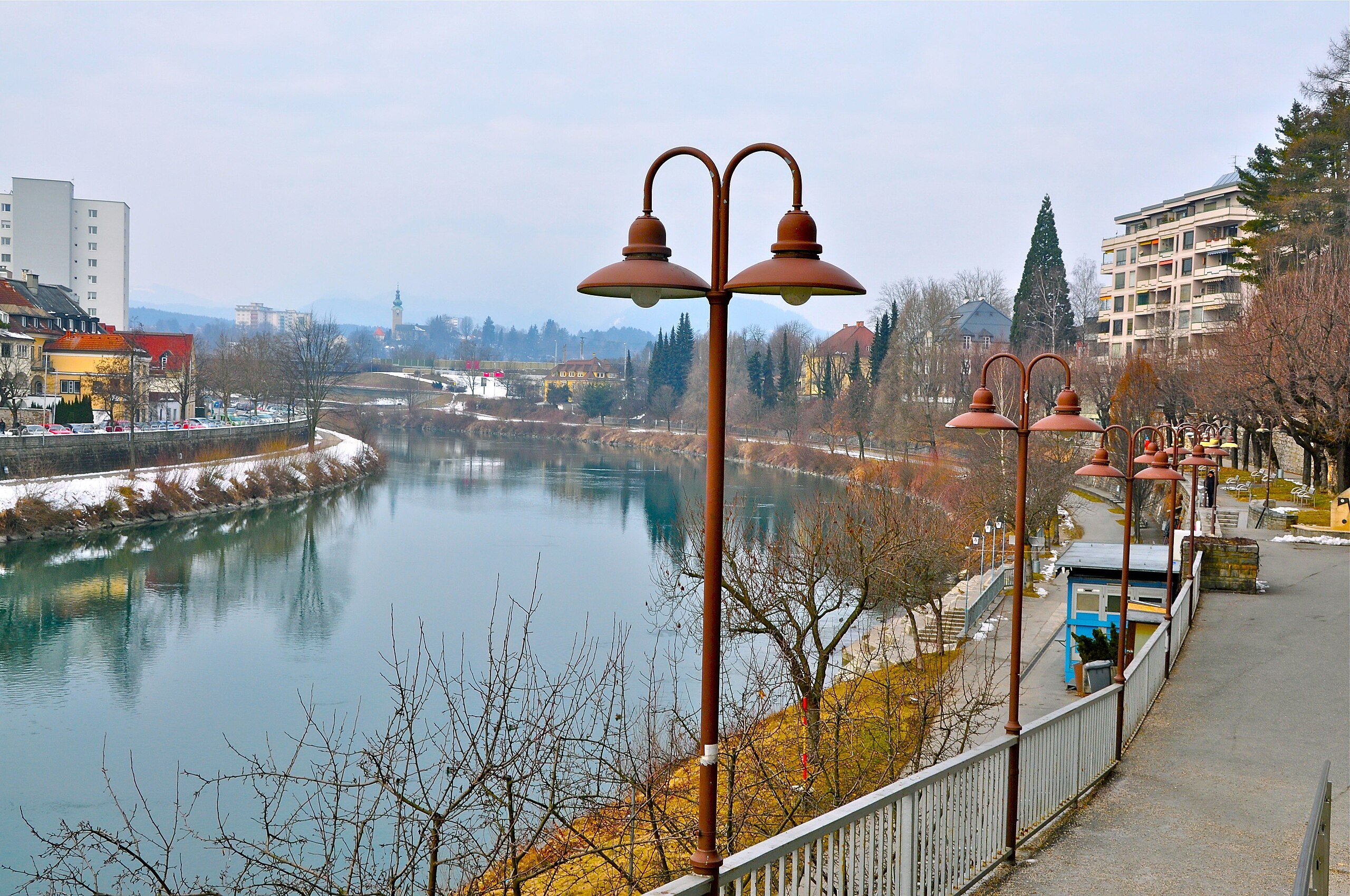
Villach, nestled in the heart of Austria’s Carinthia region, is a charming town known for its vibrant cultural scene and rich history. With a picturesque old town featuring colorful facades and bustling squares, Villach offers a delightful mix of historic charm and modern amenities. The town is renowned for its annual festivals, such as the Villacher Fasching and the Villacher Kirchtag, which draw visitors from near and far to experience traditional Austrian festivities and hospitality.
Beyond its cultural attractions, Villach is a thriving hub for wellness and relaxation. The town is famous for its thermal baths and spa resorts, providing a serene escape for those seeking rejuvenation. Its strategic location near the borders of Italy and Slovenia also makes Villach a gateway to diverse culinary delights and cross-border excursions, enhancing its appeal as a cosmopolitan yet cozy destination. Whether you’re strolling through its scenic streets, enjoying its culinary offerings, or soaking in its thermal waters, Villach promises a memorable and enriching experience.
9. Hallstatt
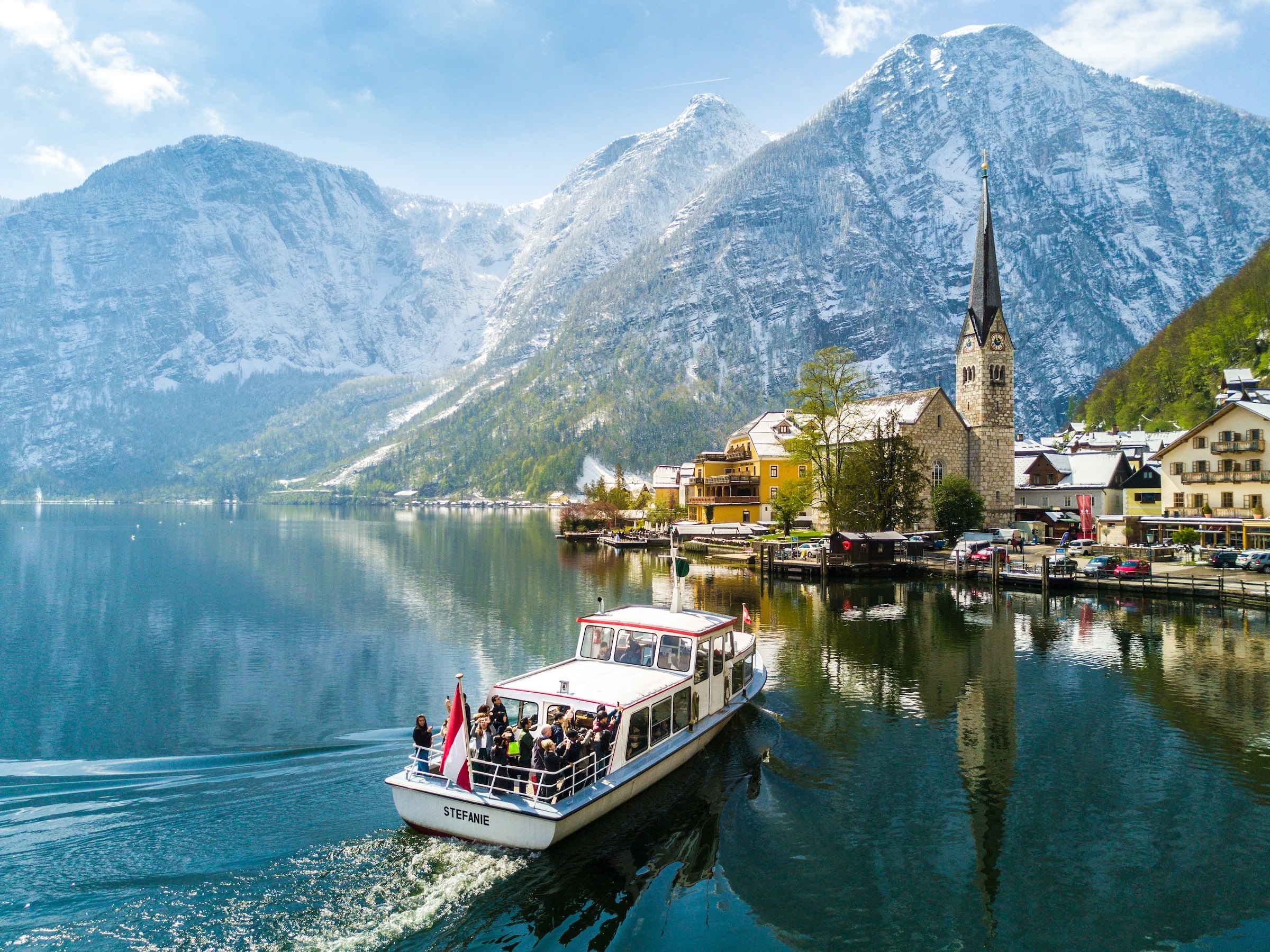
Hallstatt, nestled amidst the breathtaking Austrian Alps, is a picturesque village that embodies charm and serenity. Revered as one of the most beautiful lakeside communities in the world, Hallstatt captivates visitors with its idyllic setting against the backdrop of towering mountains and crystal-clear waters of Lake Hallstatt. Its quaint streets lined with pastel-colored houses and flower-adorned balconies exude a storybook ambiance, inviting travelers to wander and discover its hidden corners.
Beyond its postcard-perfect scenery, Hallstatt is steeped in history dating back thousands of years. Archaeological finds here have revealed its ancient roots, earning it a place on the UNESCO World Heritage list. Visitors can delve into Hallstatt’s rich cultural heritage at its museums and historic sites, which offer insights into its salt mining past and the traditions of its residents. Whether strolling along the lakeshore, exploring the charming shops and cafes, or simply soaking in the tranquility of its surroundings, Hallstatt promises an unforgettable experience where time seems to stand still amid natural beauty and cultural legacy.
10. Sankt Pölten
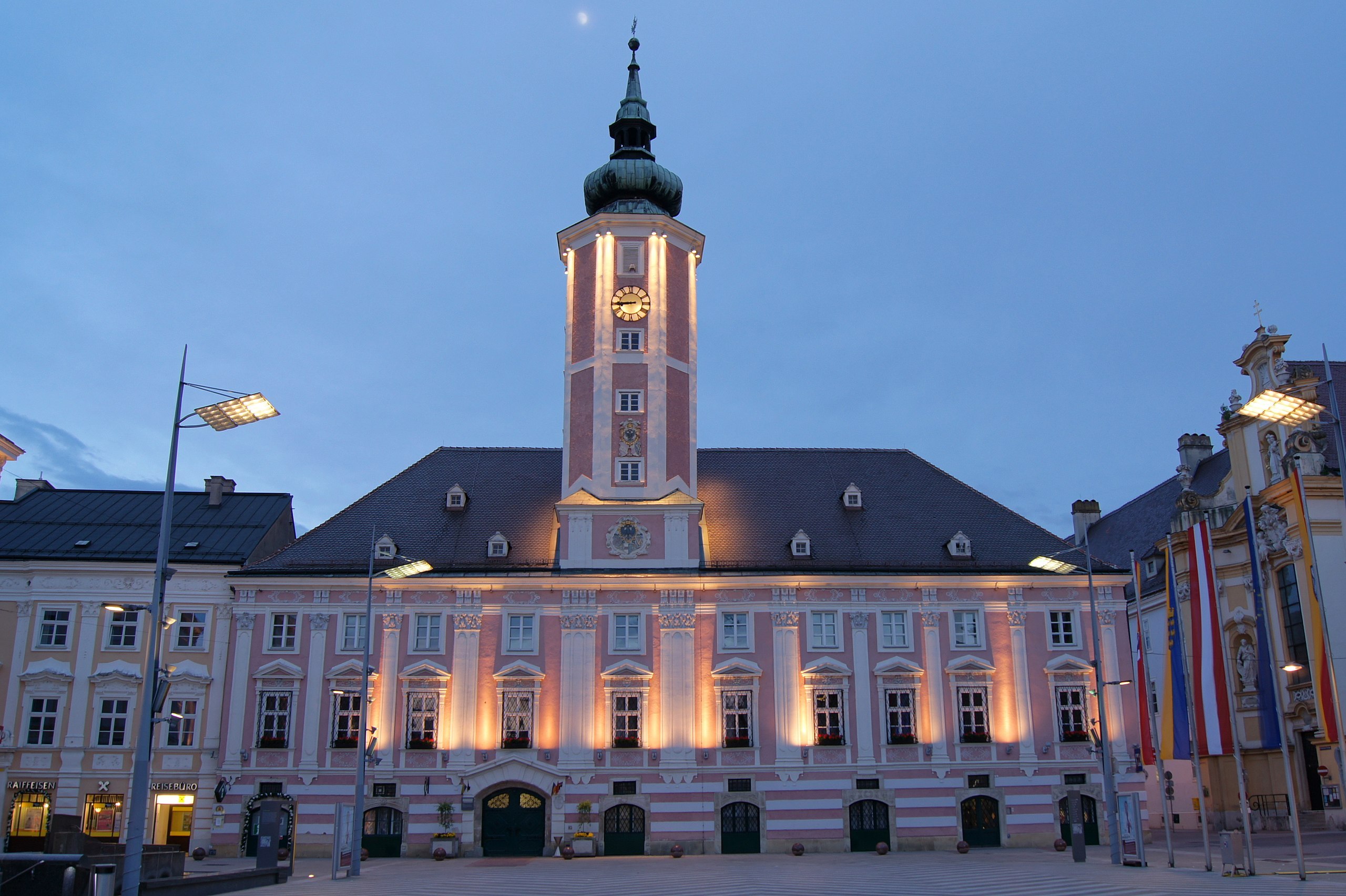
Sankt Pölten, the charming capital of Lower Austria, captivates visitors with its blend of historical charm and modern amenities. As one of Austria’s oldest cities, it exudes a rich cultural heritage evident in its well-preserved architecture and picturesque squares. Wander through its streets adorned with Baroque buildings, visit the impressive Cathedral of St. Pölten, and explore museums that offer insights into the region’s history and art.
Beyond its historical allure, Sankt Pölten embraces contemporary life with bustling cafes, lively markets, and a burgeoning cultural scene. The city hosts a variety of events throughout the year, from music festivals to theater performances, catering to diverse tastes. With its proximity to Vienna and the scenic landscapes of Lower Austria, Sankt Pölten serves as both a cultural hub and a gateway to explore the broader region’s natural beauty and attractions.
Thank you for reading our blog post!
